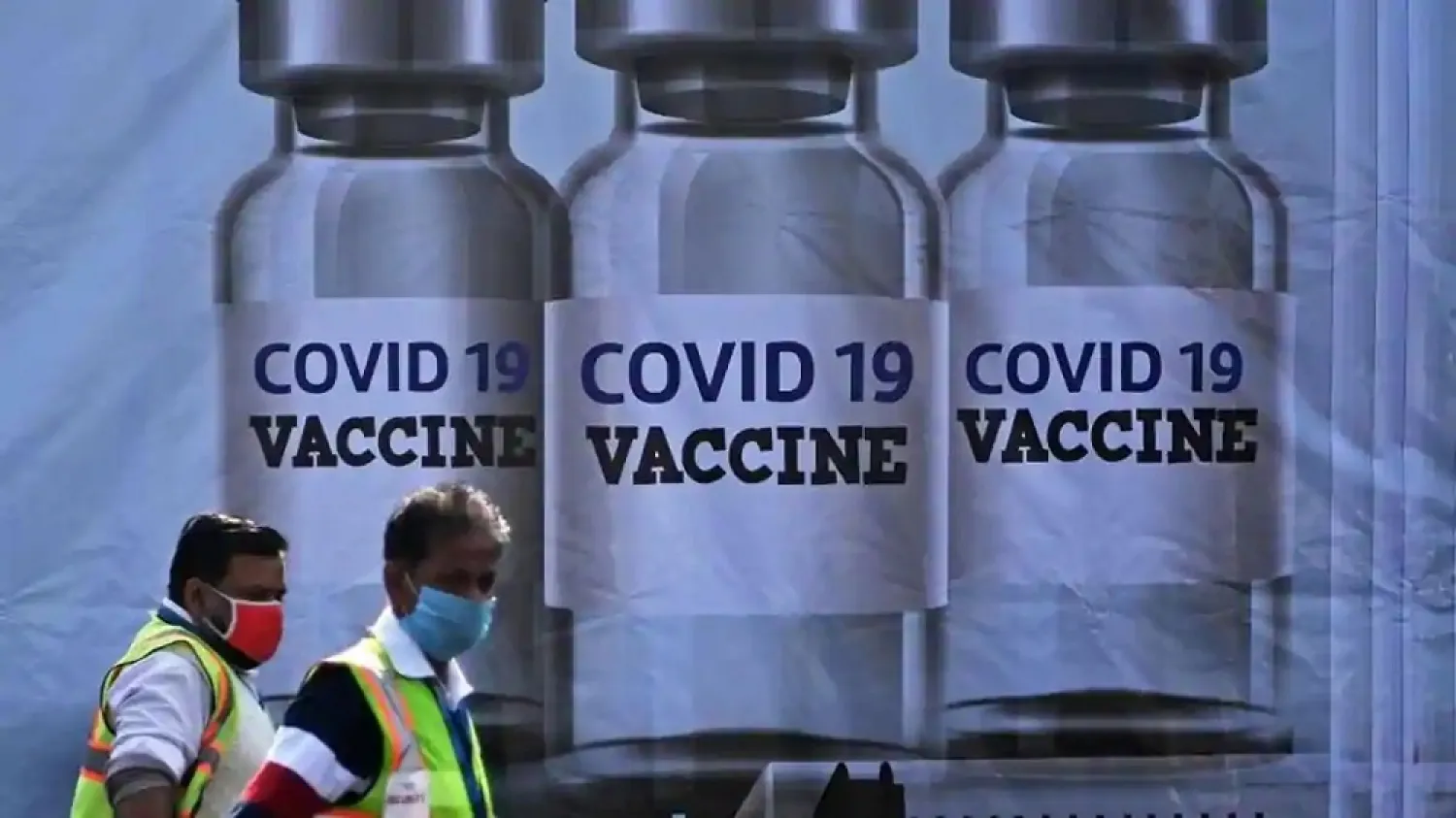India is seeking to export coronavirus vaccines to Arab countries.
Indian companies are currently producing the vaccine in accordance with the international standards, said Indian experts and observers, who are based in Dubai.
The southern Indian city of Hyderabad’s Bharat Biotech, the Pune-based Serum Institute of India (SII) and the US-based Pfizer are producing the expected COVID-19 vaccine, the German news agency reported on Wednesday.
Based on a recent government report, India has made significant contributions to the world vaccine markets, amounting to $35 billion.
The vaccines it produces make up 60 percent of those supplied to the United Nations Children’s Fund (UNICEF).
The report said India produces 30 types of vaccines, which it provides to 140 countries, accounting for 1.45 billion doses.
Fahim Ahmed, a Dubai-based Indian strategic advisor, said: “The global, Arab and African markets need multiple options for vaccines due to the great demand.”
“Many countries cannot buy the Western vaccine or are not given priority.”
India has a large annual production capacity that is supervised by scientists in medical facilities licensed by the World Health Organization, Ahmed explained, adding that prices are low compared to other vaccines produced by other countries.
Despite all the challenges facing India, it has sought scientific advancement and development as a national strategy, he said.
India’s national program for self-sufficiency is real evidence of the its strategic capacities not only to manage the pandemic but also to expand its offerings to other countries, including neighboring countries and Arab states, Ahmed said.
Meanwhile, the Russian Direct Investment Fund (RDIF) and Hetero, one of India’s leading generic pharmaceutical companies, have agreed to produce over 100 million doses per year of the Russia’s Sputnik V COVID-19 vaccine in India.









